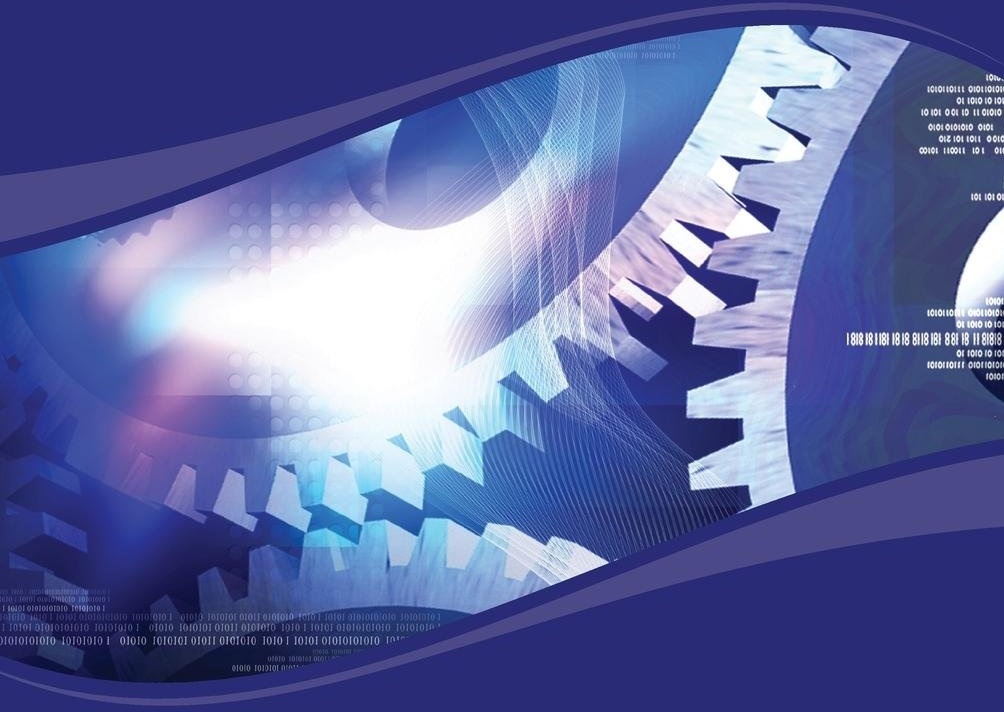This course is specially designed to train incoming engineering students to operate and apply various software and hardware tools for engineering practice. Its divided into four modules to cover the range of software and hardware tools that are normally used by a practicing engineer. Module 1: Tools and techniques for circuit design will provide hands on training with various software CAD tools used for design, simulation and fabrication of electronics and electrical circuits and systems. MATLAB will be introduced and its application to simulations for various theoretical models. This module will also expose students to tools used in industry to develop and test various software and hardware designs, such as LabVIEW which offers a graphical programming approach that facilitate visualization of every aspect of design and application, including hardware configuration, measurement data, and debugging.
Module 2: Introduction to mechatronics introduces students to the various elements of a mechatronic system, how they relate to each other and how to design, build and troubleshoot such systems. The practical aspect of the course utilizes microcontrollers in the form of Arduino, various sensors, circuits, motor drivers, motors and 3D printed designs to enable students to develop a familiarity with the various processes and mechatronic systems. The techniques involved in the production of engineering drawings and prototypes, and the function and utilization of basic mechanical workshop tools and equipment, are covered in modules 3 and 4, respectively. The workshop technology module introduces students to workshop equipment and provides students with basic workshop skills, which they will apply in the design and construction of a flat blade screw driver at the end of the module.
Module 2: Introduction to mechatronics introduces students to the various elements of a mechatronic system, how they relate to each other and how to design, build and troubleshoot such systems. The practical aspect of the course utilizes microcontrollers in the form of Arduino, various sensors, circuits, motor drivers, motors and 3D printed designs to enable students to develop a familiarity with the various processes and mechatronic systems. The techniques involved in the production of engineering drawings and prototypes, and the function and utilization of basic mechanical workshop tools and equipment, are covered in modules 3 and 4, respectively. The workshop technology module introduces students to workshop equipment and provides students with basic workshop skills, which they will apply in the design and construction of a flat blade screw driver at the end of the module.

- Lecturer: Lindon Falconer
- Lecturer: Basil Mangaroo
- Lecturer: Jaleel Morgan
- Lecturer: Yekini Wallen-Bryan
- Lecturer: Paul Wilson